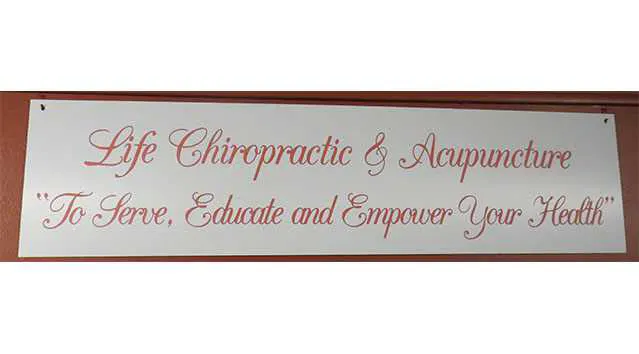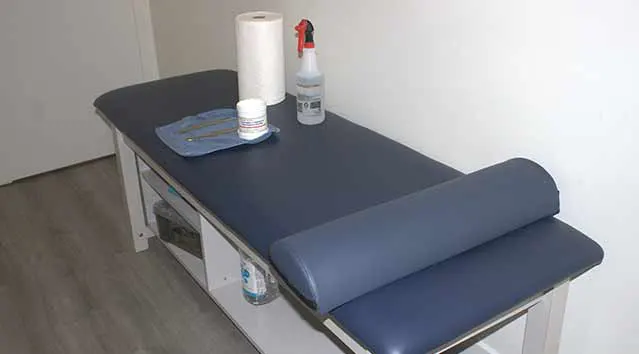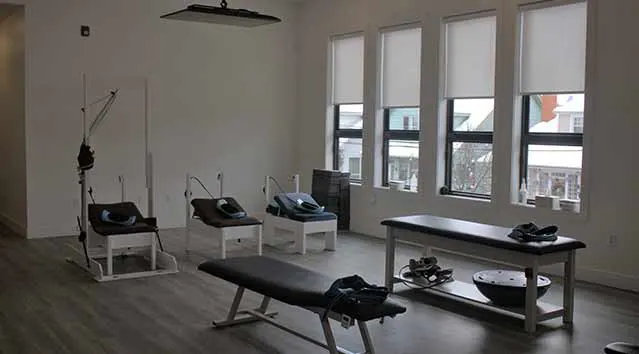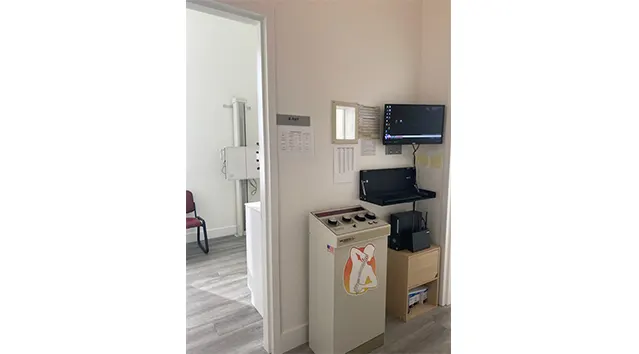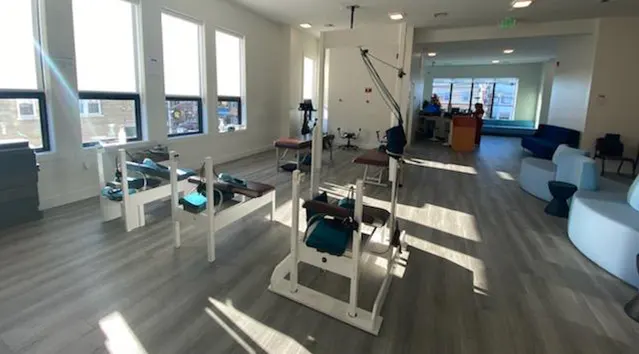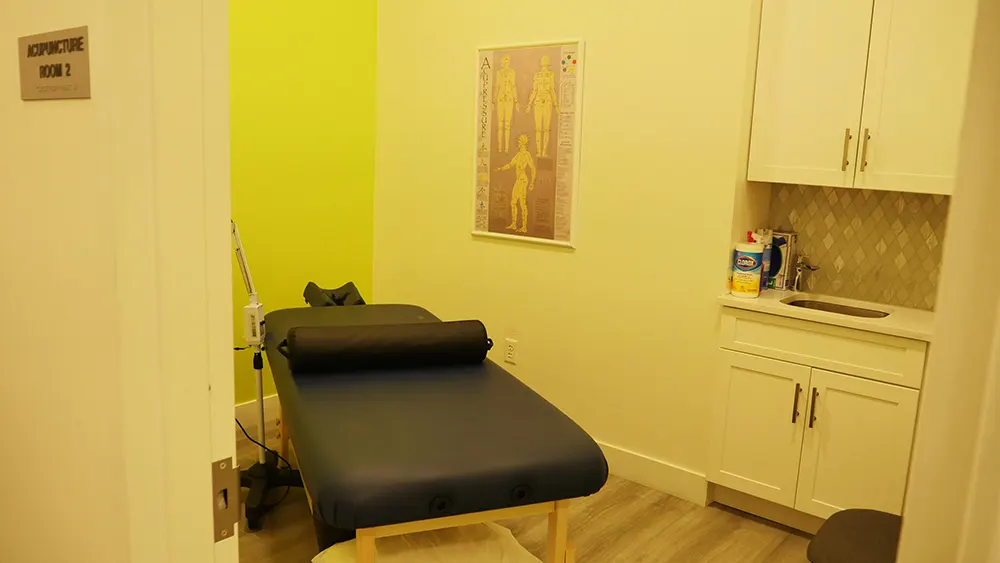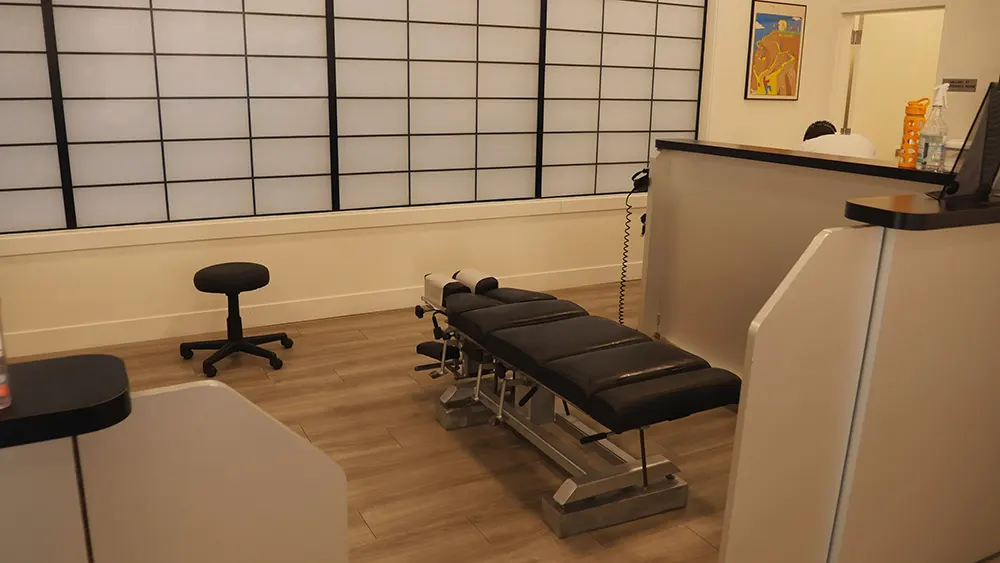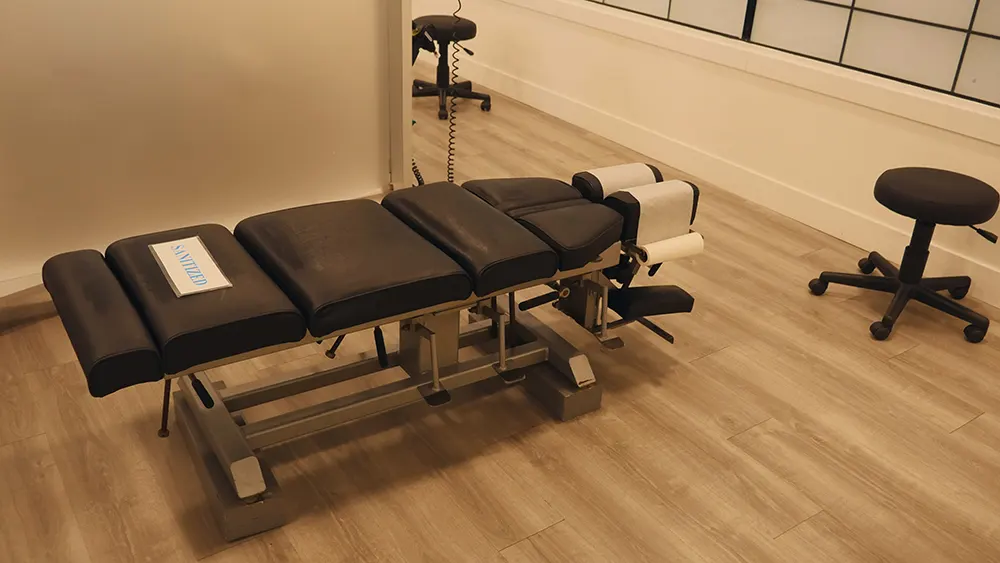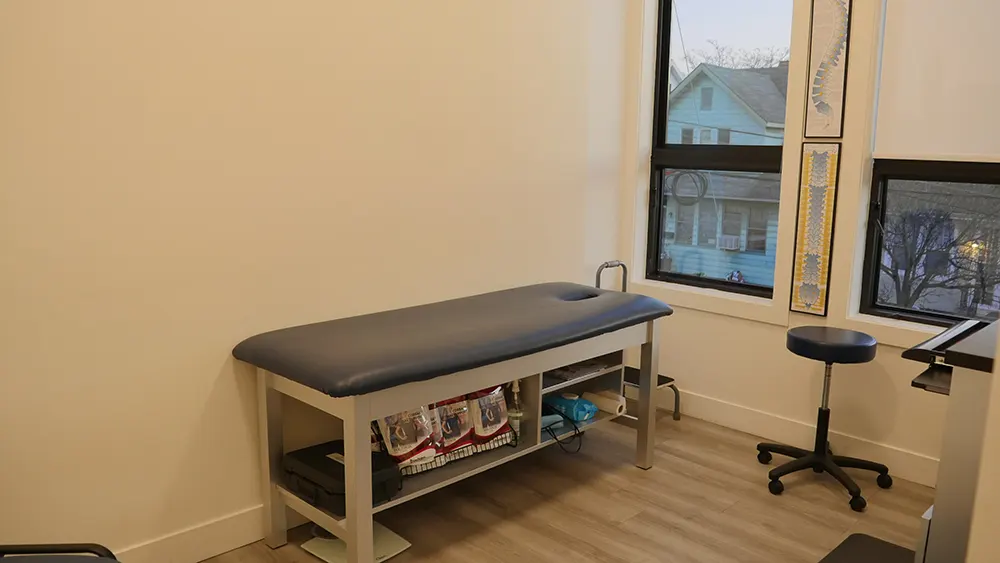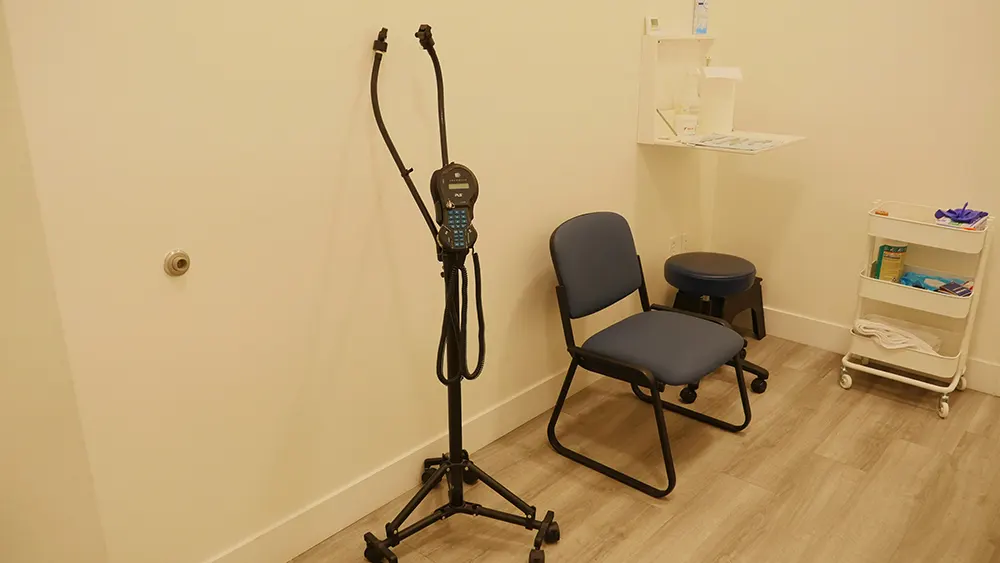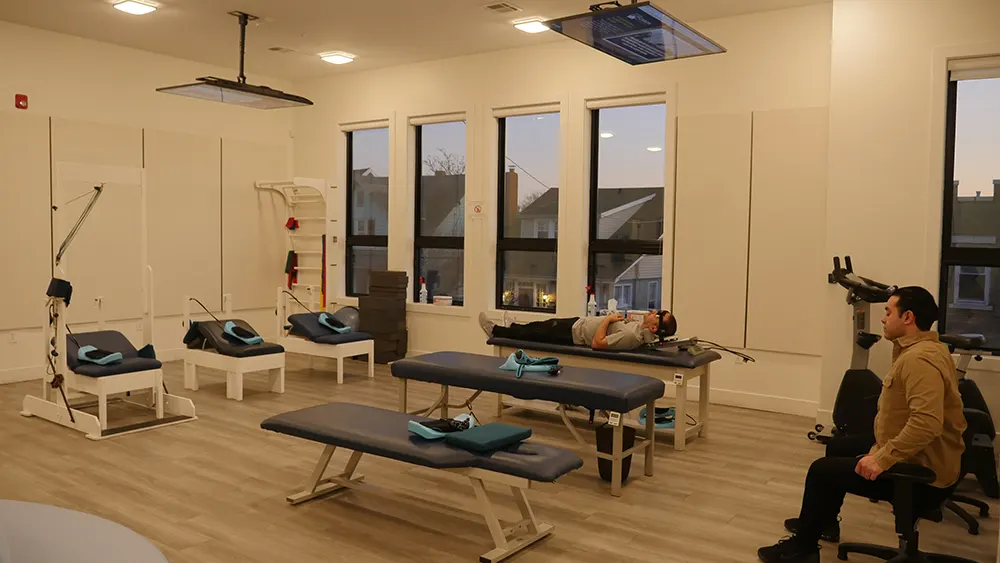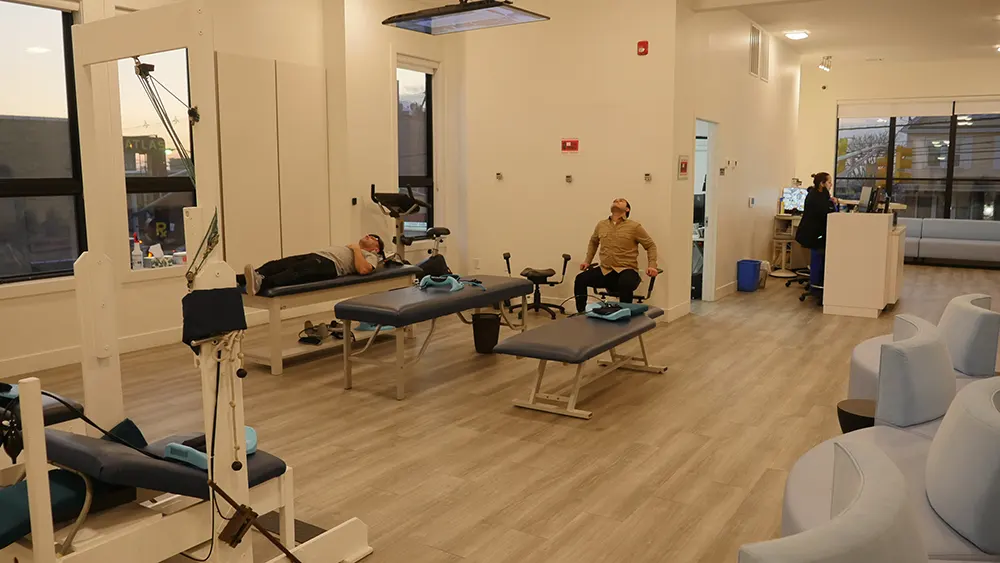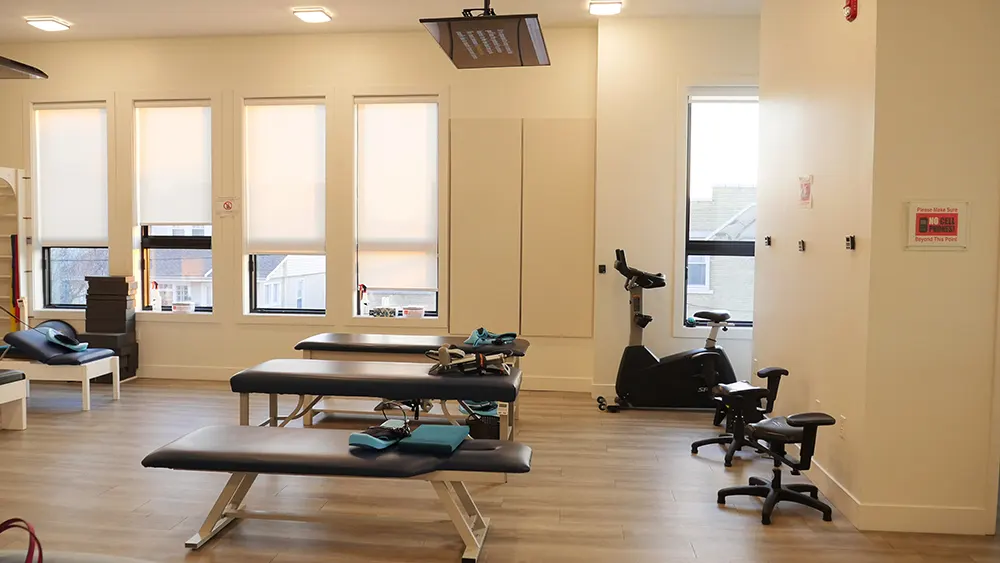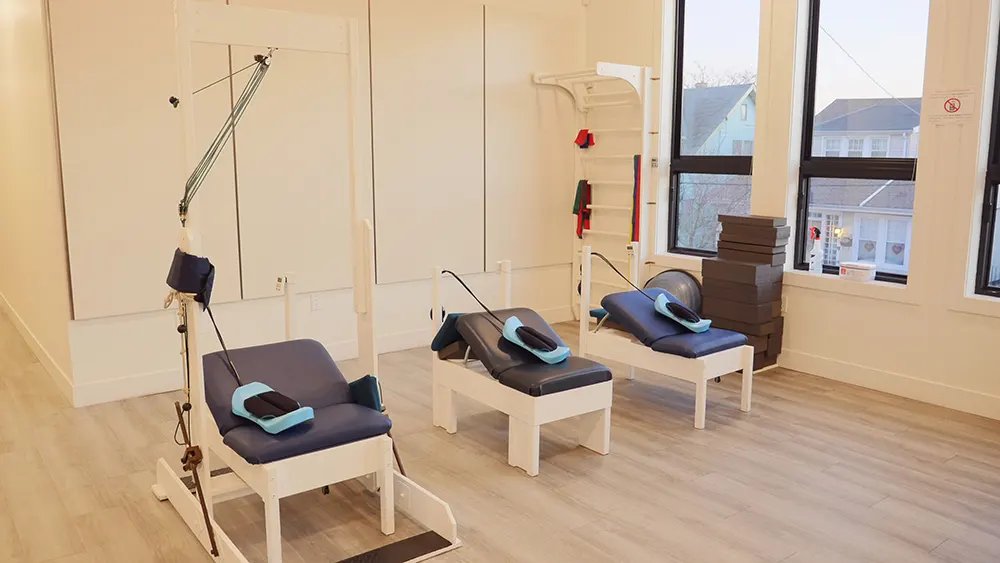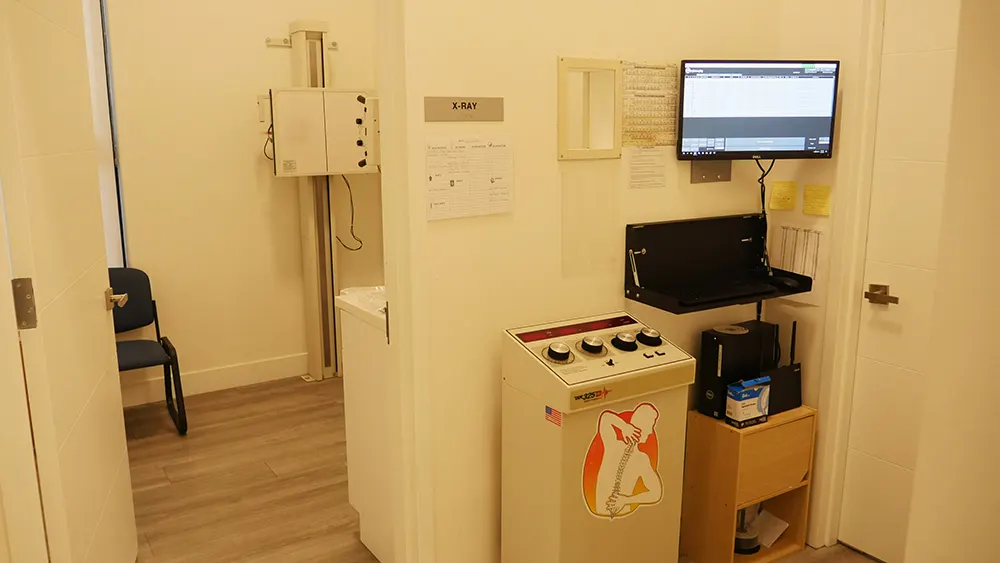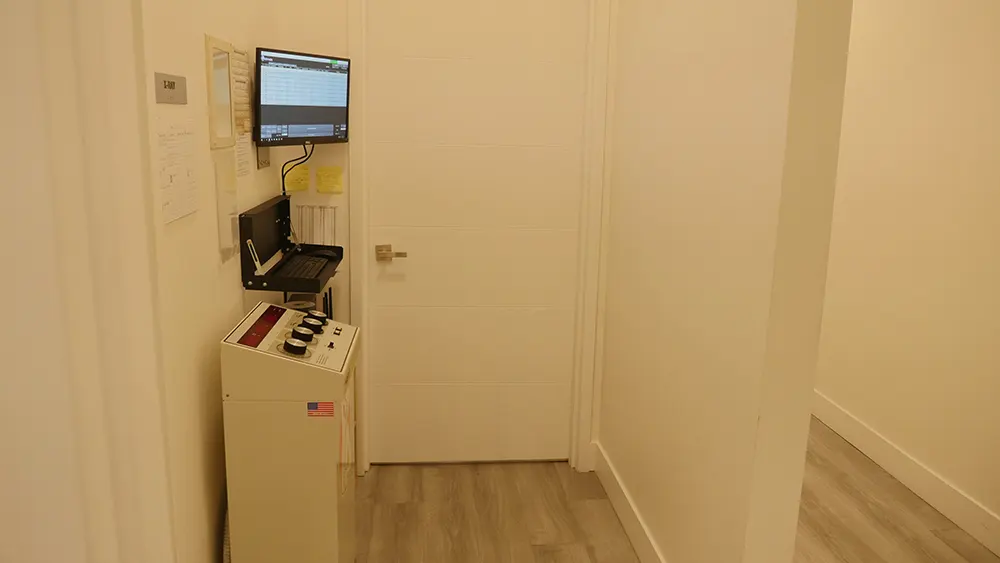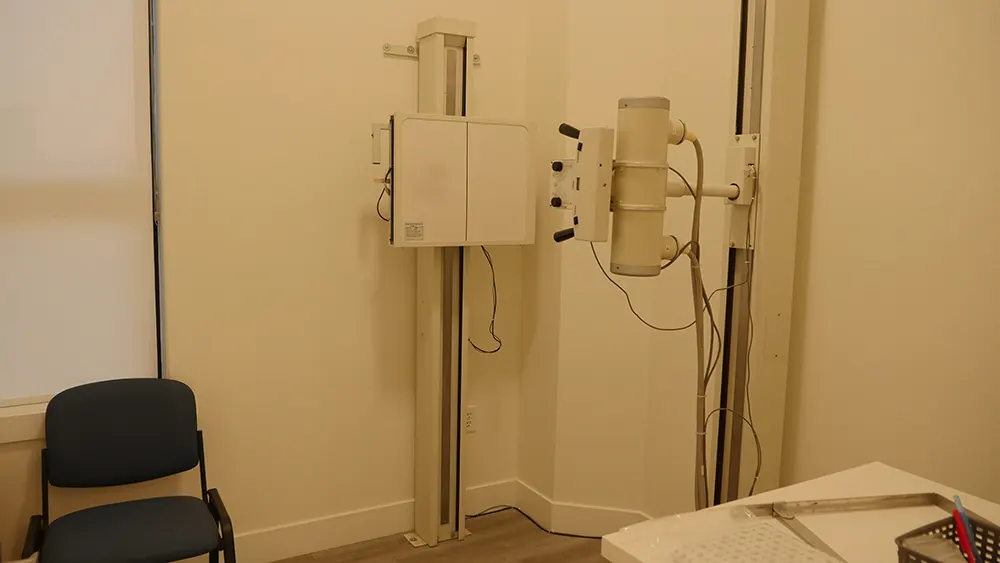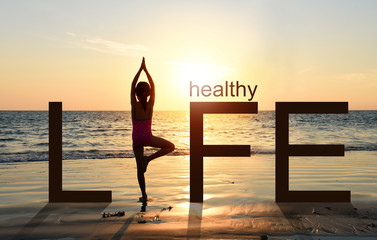
As Doctors of Chiropractic here in North Bergen, NJ, our patient treatment and education is focused on the whole-body connection of health: the physical-emotional-psychological web. That means we learned early that it is impossible to treat the physical body without also addressing the emotional and psychological parts of health. In reflecting upon pandemic-influenced change over the past two years, we believe there are clear lessons learned and some good habits to commit to here in 2022.
1. Rethink the Media we Consume
If you have ever heard of the term “you are what you eat” then you probably understand at least the basics about the nutrition you consume determines the health of your body tissues. Well, the same principle applies to the information we focus on from the world around us, “you think what you consume”. That’s not always a bad thing because it allows us to adapt to the world around us but it becomes a big problem when we lose balance on what we watch. If we are constantly being inundated with negativity every minute (because that is what keeps peoples’ attention) our brain starts to think that is really what the world is like and it begins to adapt in a way that doesn’t help us to navigate the world as it really is. The term “doomscrolling” is a new term out there. Merriam-Webster is calling it “a term for that feeling when you can’t stop scrolling down Twitter, or reading news that you know will make you sad, anxious, or angry”. It sucks you into a morbid rabbit-hole that is saddening, disheartening, or depressing and it’s hard to step away.
Be conscientious where you consume your news from. News can inherently be pretty depressing a lot of the time because no one reports on what is going right in the world. So, whether it be the morning news with your coffee, a podcast piping through your earbuds on your commute, or the meme your cousin Sally posted in your social feed, take some time away from it and reconnect with reality offline. Better yet, replace that time with something intentionally positive like a new book, meditation, or an extra conversation with your kids.
2. Sleep
We have talked about this one before but it deserves a reminder. According to the National Institute of Health, sleep is incredibly important to a number of brain functions, including how nerve cells communicate with each other, creating pathways in your brain that let you learn and create new memories, and there is even research that shows sleep is essential in avoiding dementia later in life. Sleep affects every system in the body and is imperative for health. Not only is it necessary for a healthy immune system (which is your best defense against any illness), but also for your brain function. There is a lot of evidence out there on how much sleep is ideal but the common consensus for adults is 7 hours or more of sleep per night.
Adopt a new practice or habit that helps you get more (or better) sleep at night. We wrote a column on the link between poor sleep and dementia earlier this year and gave some easy-to-implement tips. The two big habits to focus on: create the right environment and create the right routine.
3. Knock Down Inflammation
We don’t just mean Rest-Ice-Compress-Elevate— that’s the good inflammation when you have an acute injury. I mean the chronic inflammation that plagues our bodies and can compromise our immune system. These are three sneaky triggers of inflammation and how to combat them!
- Sugar: Not just the white sparkly crystals. Processed grains and alcohol convert to sugar in your body and are doing you a disservice. Eat real, unprocessed foods. A good rule of thumb is to “eat the rainbow” (not the Skittles kind) and fill 75% of your plate with a vegetable or clean protein.
- Dehydration: Drink plenty of water! You should drink half your bodyweight in ounces of water every day. So, if you weigh 180lbs, you should drink 90 ounces of water each day.
- Stress: Chronic stress disrupts our body’s functioning and contributes to inflammation and a weak immune system. Try mixing in a calming breathing technique or mindfulness practice into your morning or evening routine (which will help you sleep better too!).
4. Move Your Body
Moving your body is a nonnegotiable cornerstone of health. Beyond the obvious being a healthy waistline, daily movement is vital to a healthy longevity and sharp cognitive function later in life. So, not only does it add years to your life, it will make the quality of those later years immensely better and it's never too late to start.
Whatever your “movement habits” are right now, adopt something new that’s sustainable. If it’s walking around your neighborhood, taking an additional Pilates class, or going all-in with daily Peloton rides, do what’s realistic for your life and goals.
The Nike slogan, Just Do It, holds so much power. “It” doesn’t need to be a big thing, but hold your integrity in high regard and just do it. As you take steps to make some lifestyle changes, remember it takes 21 days to form a habit so make some good ones in 2022.
To address your systemic body pains, improve sleep, and to enjoy a host of other quality of life enhancing results, contact Life Chiropractic & Acupuncture here in North Bergen.






